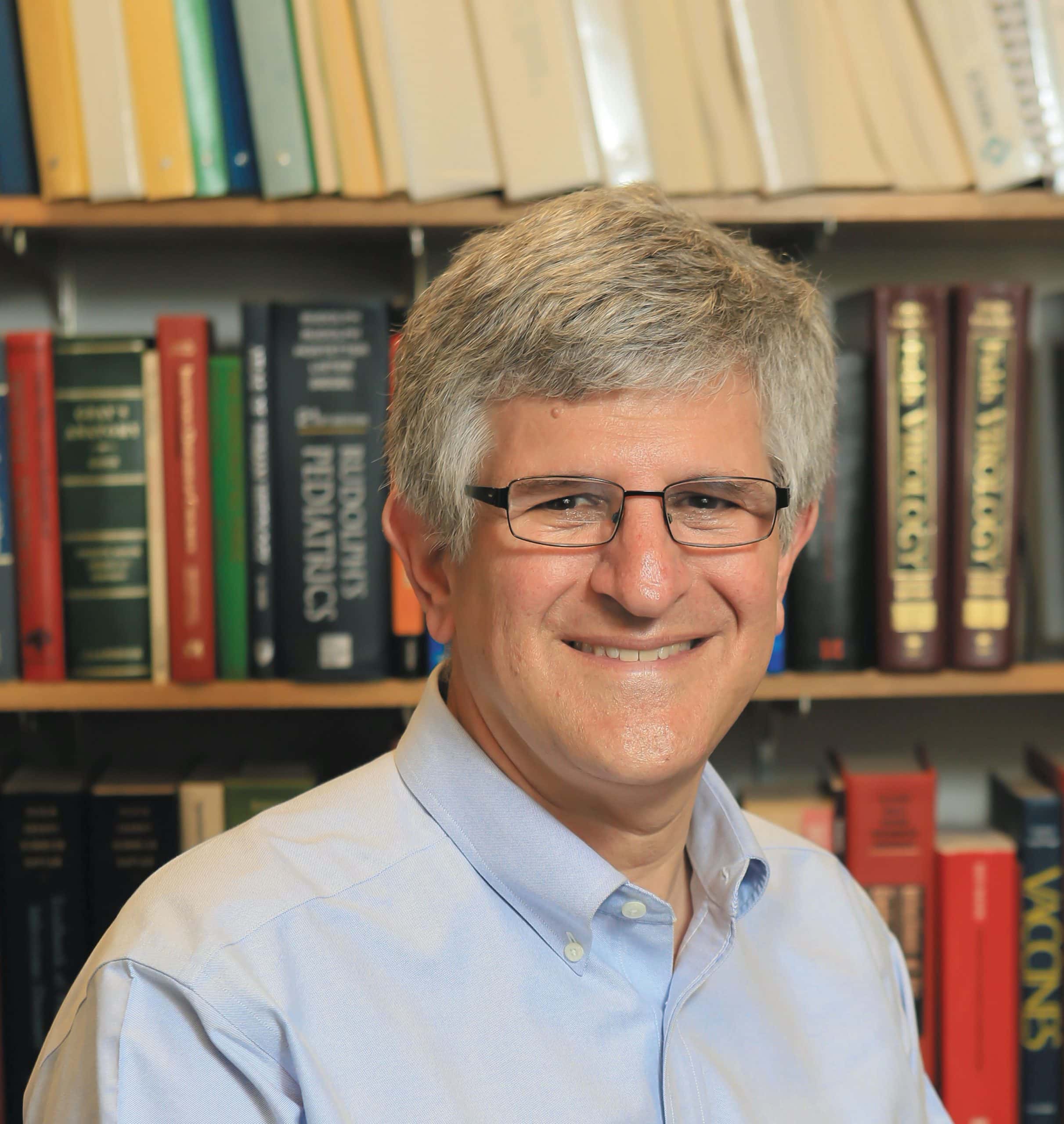
Evaluating the Benefits and Risks of Medical Breakthroughs
Everyone gets excited about the idea of medical breakthroughs. Fewer of us, if we are honest, are anxious to be the first one to benefit. After all, if you are the first, you know nothing about the potential harms, and neither does the person offering you the experience. Medical innovation is necessarily fraught with uncertainty. How can we evaluate the benefits and risks of medical breakthroughs?
Taking a Gamble on Health:
Dr. Paul Offit is a pediatrician and an expert on vaccines. His new book, You Bet Your Life: From Blood Transfusions to Mass Vaccination, the Long and Risky History of Medical Innovation, explores the links between innovation and previously unrecognized risk. We asked him about the very different public attitudes towards the polio vaccine in the 1950s and the COVID vaccines now. Could a reluctance to gamble on our health explain vaccine hesitancy? How will parent weigh the potential benefits and risks of COVID-19 vaccines for their children?
Assessing Benefits and Risks of Medical Breakthroughs:
Most of us have a hard time evaluating risk. We may know that driving a car is dangerous, but most of us don’t worry much about it. The feeling of being in control helps us overlook the possibility of coming to harm. When you don’t feel in control, even something that is objectively much safer may seem scary.
Relative vs. Absolute Risk:
When they write or talk about medical innovations, journalists like to use relative risk. So do pharmaceutical companies, because the relative risk numbers are much more impressive. For example, the company marketing Lipitor used to advertise that this cholesterol-lowering drug could reduce the risk of heart attacks by 36 percent.
What does that relative risk mean?
“That means in a large clinical study, 3 percent of patients taking a sugar pill or placebo had a heart attack compared to 2 percent of patients taking Lipitor.”
The RELATIVE risk of 36 percent is a whole lot more eye-catching than the ABSOLUTE risk difference of 1 percent.
You can see this in the discussions of COVID-19 vaccines, for example, when we say that they are 90 or 95 percent effective. That is a relative risk reduction. Absolute risk reduction is far more modest, in the range of about 1 percent (The Lancet Microbe, April 20,2021).
Why are these distinctions important? To understand who will benefit from a medical innovation and how much, you really need to look at both relative and absolute risk. Dr. Offit describes how the Vaccines and Related Biological Products Advisory Committee evaluates benefits and risks of the COVID-19 vaccines for the FDA. In addition, we discuss how a parent might weigh the decision of whether or not to vaccinate a child against SARS-CoV-2.
Expecting Reversals in Benefits and Risks of Medical Breakthroughs:
In the process of medical innovation, the scientists doing the research continually learn new things about the benefits and risks of their intervention. That is why we should actually expect changes in recommendations. Perhaps these should be offered with a bit more humility than we heard from the CDC or the WHO at the beginning of the pandemic. Back then, they insisted that we did not need to wear masks but we did need to douse our groceries in bleach solution. Perhaps they were offering the best advice they had based on prior epidemics, but it turned out not to be helpful against COVID-19.
In summing up the message of You Bet Your Life, Dr. Offit points out that everything we do is a gamble, but so are the things we don’t do. To make health decisions rationally, we have to get the information we need to evaluate the benefits and risks of medical breakthroughs in our own lives.
This Week’s Guest:
Paul A. Offit, MD is the Director of the Vaccine Education Center at the Children’s Hospital of Philadelphia as well as the Maurice R. Hilleman Professor of Vaccinology and a Professor of Pediatrics at the Perelman School of Medicine at the University of Pennsylvania. He serves on the Vaccines and Related Biological Products Advisory Committee of the FDA.
Dr. Offit is the author of several books, including his most recent, You Bet Your Life: From Blood Transfusions to Mass Vaccination, the Long and Risky History of Medical Innovation. His website is http://paul-offit.com/about/
Listen to the Podcast:
The podcast of this program will be available Monday, Nov. 1, 2021, after broadcast on October 30. You can stream the show from this site and download the podcast for free.
Download the mp3

